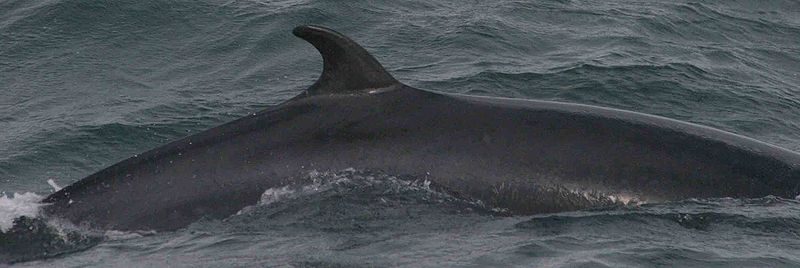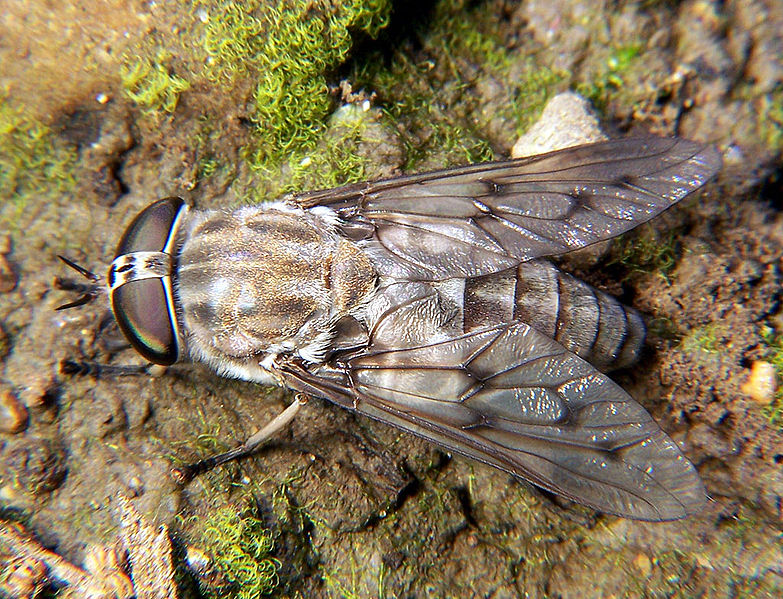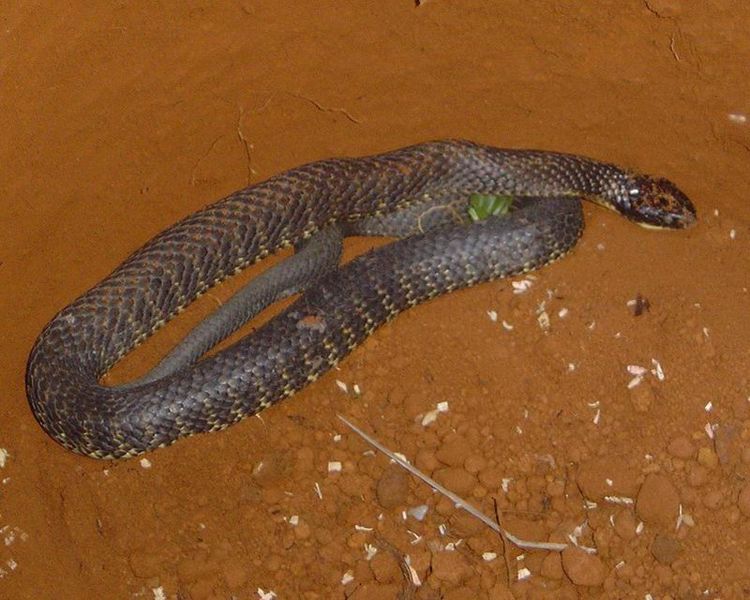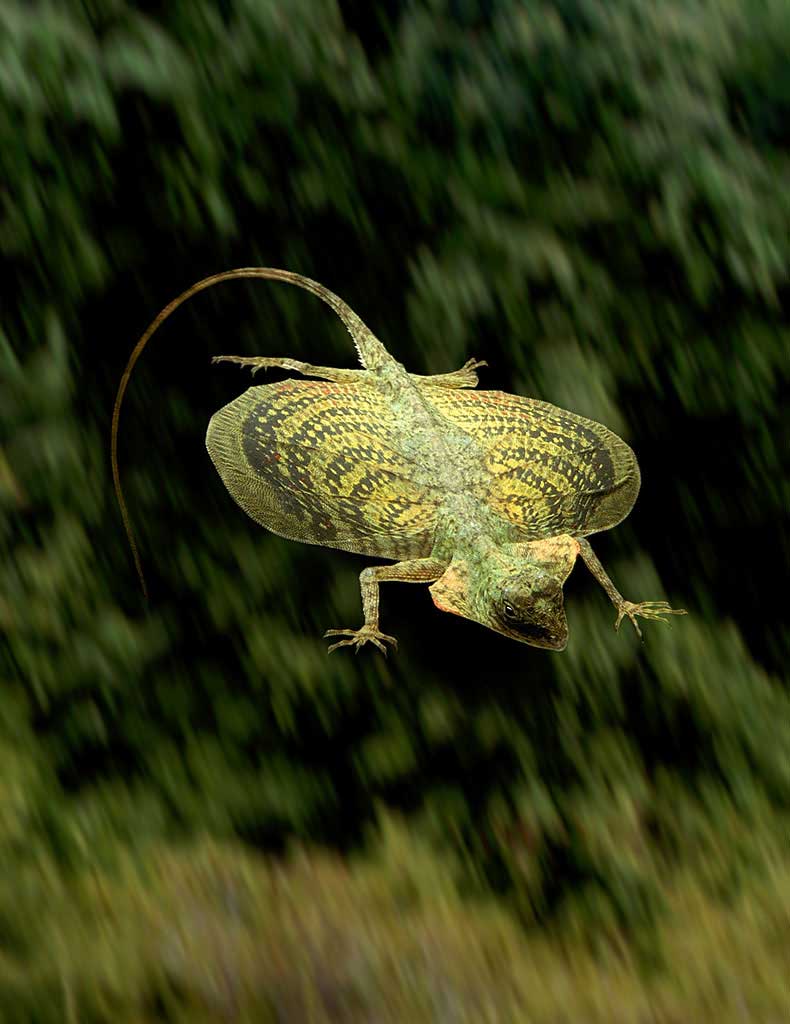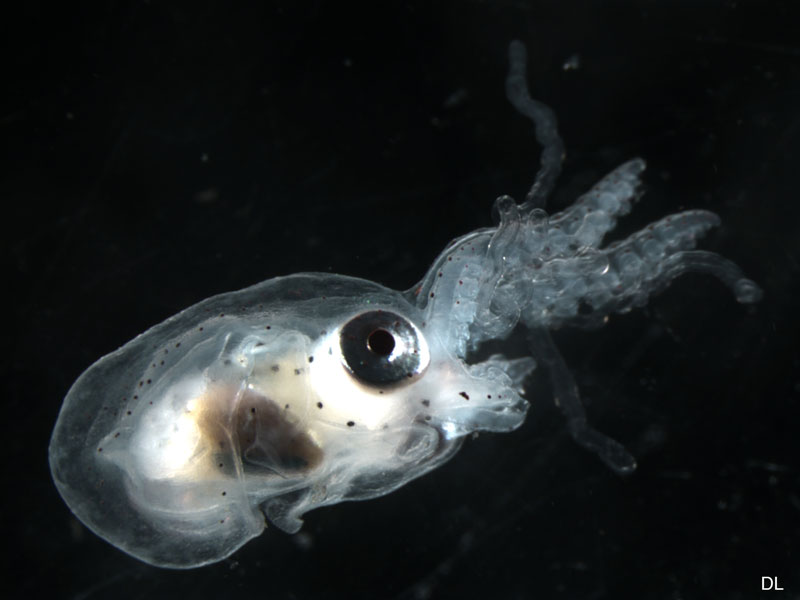
Cool Facts About The Blanket Octopus
- The Blanket Octopus’ name is derived from the long, clear webs extending from the dorsal arms of the a mature female – yeah, it looks sort of like a see-through blanket (let’s just hope they never come out with a Snuggie Octopus)
- These intriguing animals are known for their extreme sexual dimorphism (genders look completely different). Interestingly enough, the incredibly tiny male was spotted alive for the first time in 2003.
- The Blanket Octopus is one of the few sea creatures known to use external weapons as a self-defense mechanism.
A Bizarre Defense Mechanism
The defense mechanisms of the Blanket Octopus are too interesting not to share right away. Believe it or not, this particular creature has developed an immunity to one of the most dangerous toxins found in the sea – the poison of a Man O’War. Surprisingly they didn’t develop this immunity as a result of constantly being preyed on by these dangerous ocean animals. Nope, instead they evolved this high threshold for poison so they could easily attack the deadly Man O’War and begin using its deadly tentacles as a weapon. That’s right, this Octopus will actually remove the tentacles of the poisonous jellyfish and carry them around to use as protection against other creatures (the ones that haven’t developed an immunity). Is this not one of the most interesting defense mechanisms you have ever heard of?

The Unfortunate Mating Game
Besides their crazy tentacle yielding skills, the Blanket Octopus is also the perfect example of sexual dimorphism. Incredibly the female octopus reaches an average length of 2 metres (6 feet) while their male counterpart may grow up to a mere 3 centimetres (1.2 inches). Now this may get a little weird since I would like to explain the bizarre mating habits of this species. it starts out with the incredibly small male storing sperm in a few specialized tentacles. When it comes time for mating, the male will detach this sperm carrying arm, which will then climb onto the female to fertilize the 10,000+ eggs. Unfortunately, for the male, this is their last act as they typically die shortly after mating. Maybe it is just me but he life of a male Blanket Octopus does not sound incredibly fun!

